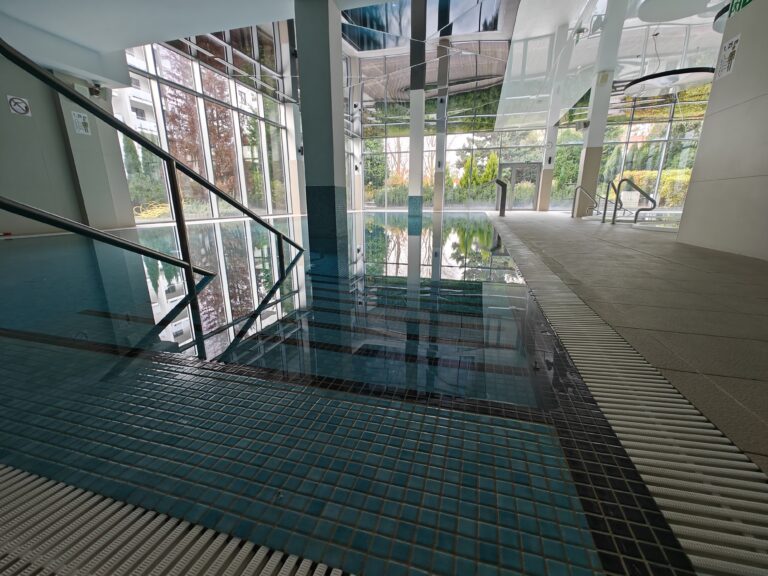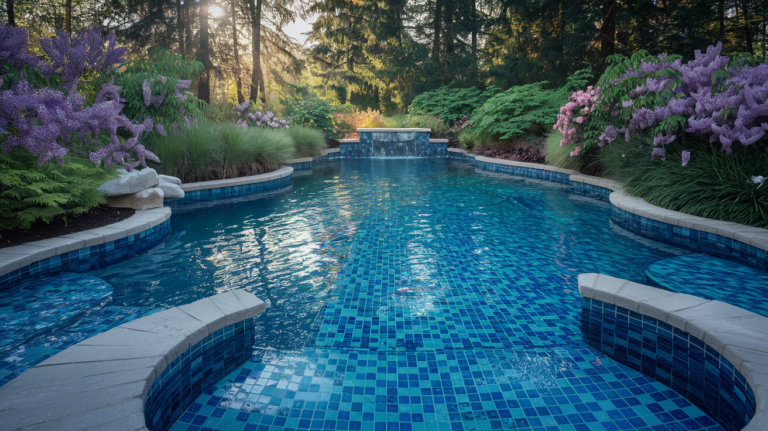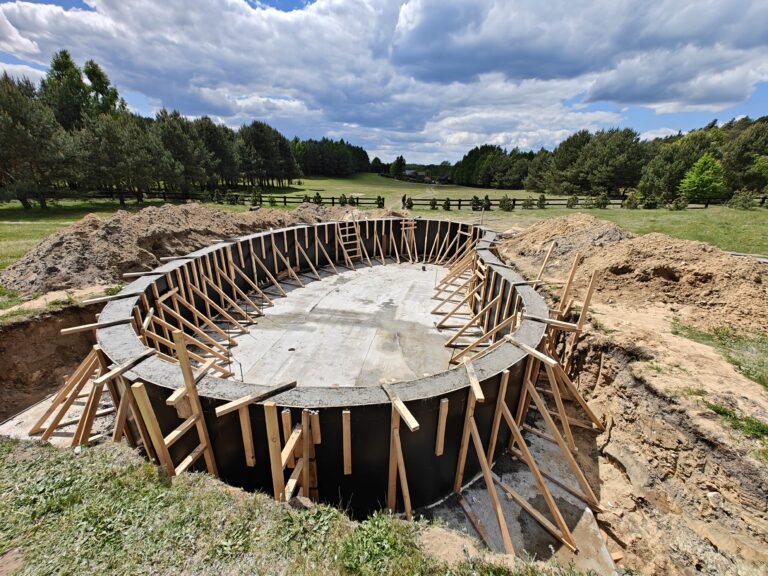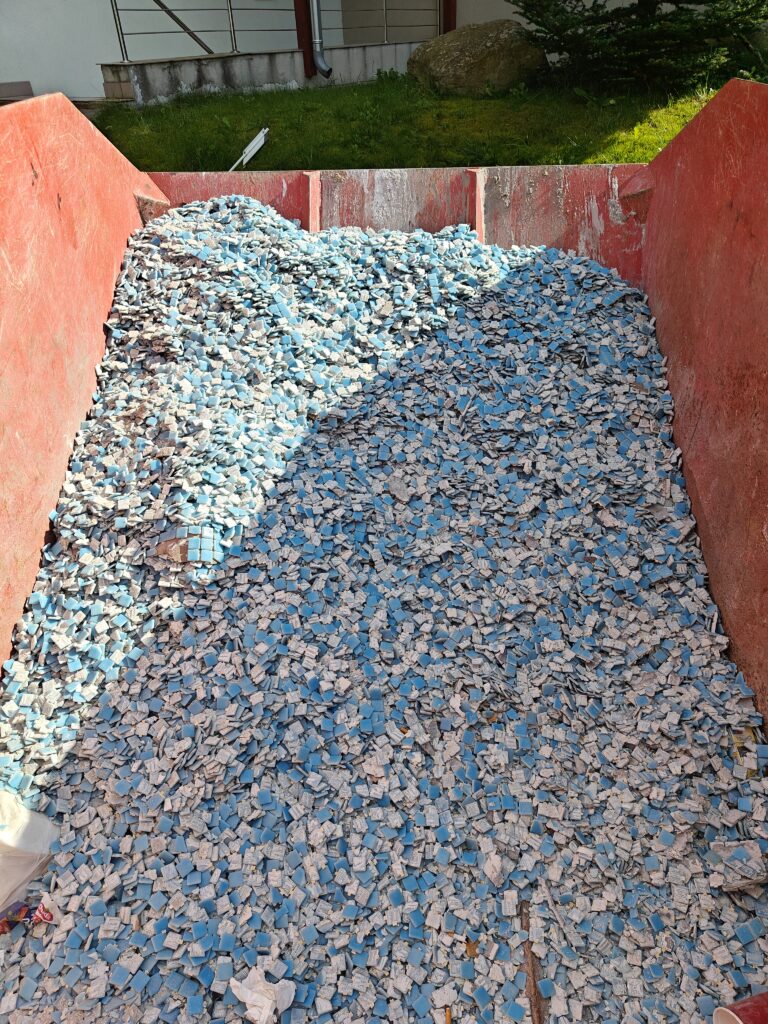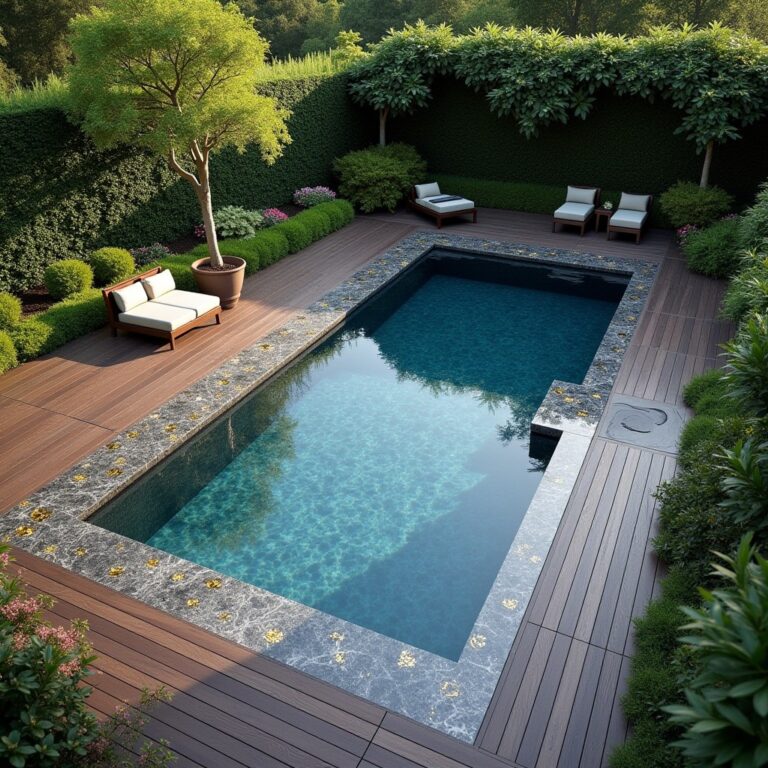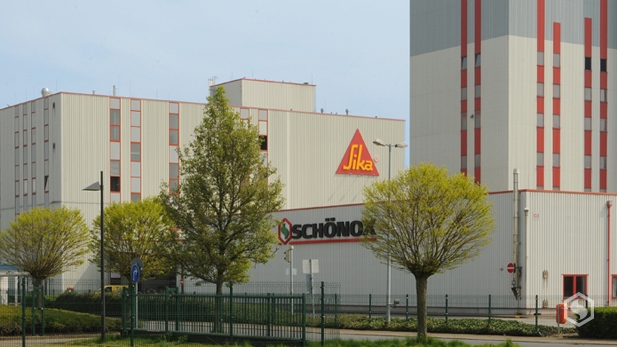Bronze pool installations. Why exactly bronze?
At HESP, we’re betting on bronze. Why?
HESP pools, is a lifespan designed to last for decades. Yes, decades.
Corrosion resistance:
- Exceptional corrosion resistance: bronze, which is an alloy of copper and tin, has exceptional corrosion resistance, especially in aqueous environments, including pool water containing chlorine and other chemicals. It is much more resistant to corrosion than stainless steel (especially lower quality grades) or brass.
- Chlorine and salt resistance: Bronze is resistant to chlorine, salt and other pool chemicals, ensuring long-lasting and trouble-free operation of the system.
- No pitting corrosion: Unlike some stainless steels, bronze is resistant to pitting corrosion, which can lead to serious damage to installations.
Durability and strength:
- High mechanical strength: Bronze has high mechanical strength, which provides resistance to mechanical damage, impact and stress.
- Longevity: A bronze installation, if properly operated, can last for decades, representing an investment for years to come.
Antibacterial properties:
- Antibacterial effect: Copper, which is the main component of bronze, has natural antibacterial properties, which helps maintain pool hygiene and reduces the growth of bacteria and algae in the system.
Other advantages:
- Heat resistance: Bronze retains its mechanical properties and corrosion resistance even at elevated temperatures, which is important for heated pools.
- Aesthetic Appearance: bronze has a distinctive copper color that patinates over time, giving the installation an elegant and classic look.
- Ease of machining and joining: Bronze is relatively easy to machine and join, making it easy to install the system.
Comparison with other materials:
- PVC: PVC is cheaper than bronze, but is incomparably less durable, less resistant to mechanical damage and lacks antibacterial properties. It is also less resistant to high temperatures. Aesthetics also leave much to be desired.
- Stainless steel: Some grades of stainless steel (especially the cheaper ones) can corrode in pool environments, especially when exposed to chlorides. Bronze is generally more resistant to corrosion in such conditions. High-quality stainless steel (such as 316L) is a good option, but it is usually more expensive than bronze.
- Brass: Brass is less resistant to corrosion than bronze, especially to dezincification, the selective leaching of zinc from the alloy.
Summary:
Swimming pool installation made of bronze is characterized by exceptional durability, corrosion resistance and antibacterial properties. It is an ideal solution for those who value quality, reliability and longevity.
However, it should be remembered that bronze is a more expensive material than PVC or brass. Nevertheless, given its durability and minimal maintenance costs in the long term, investment in bronze installation proves to be more cost-effective in the long run.
It is also worth mentioning that it is crucial to choose high-quality bronze from a reputable manufacturer and professional installation by experienced installers. A well-designed and executed bronze installation will ensure trouble-free operation of the pool for many years.
-
Crystal clear yet healthy pool water.
Clean pool water is key: Key parameters for health and safety. Do you dream of a refreshing swim in perfectly clean water? You need to know that the quality of the water in your pool has a direct impact on the health and comfort of all bathers. Negligence in this area can lead to unpleasant…
-
Artificial intelligence in pool design: The future of luxury and innovation.
Artificial intelligence (AI) is transforming the world, entering areas that not long ago seemed reserved exclusively for human creativity and experience. From medicine and transportation to art and architecture, its influence is becoming increasingly apparent. One of the most surprising yet fascinating applications of AI is in pool design. Does this mean a revolution in…
-
We are building a swimming pool for Dojo Old Village.
The Old Village Dojo is a uniquely atmospheric place that pays homage to traditional Japanese architecture and martial arts. Located in a picturesque setting away from the hustle and bustle of the city, it offers ideal conditions for concentration, training and contemplation. It is the only training complex in Europe built on the principles of…




